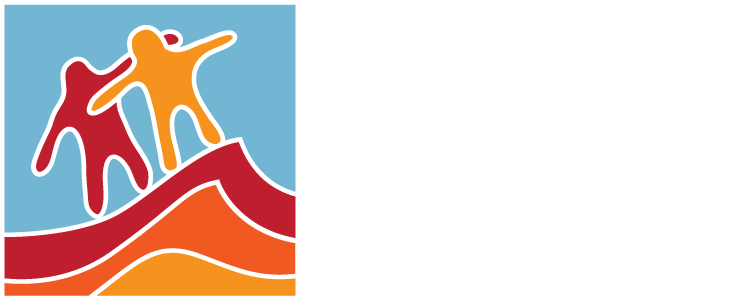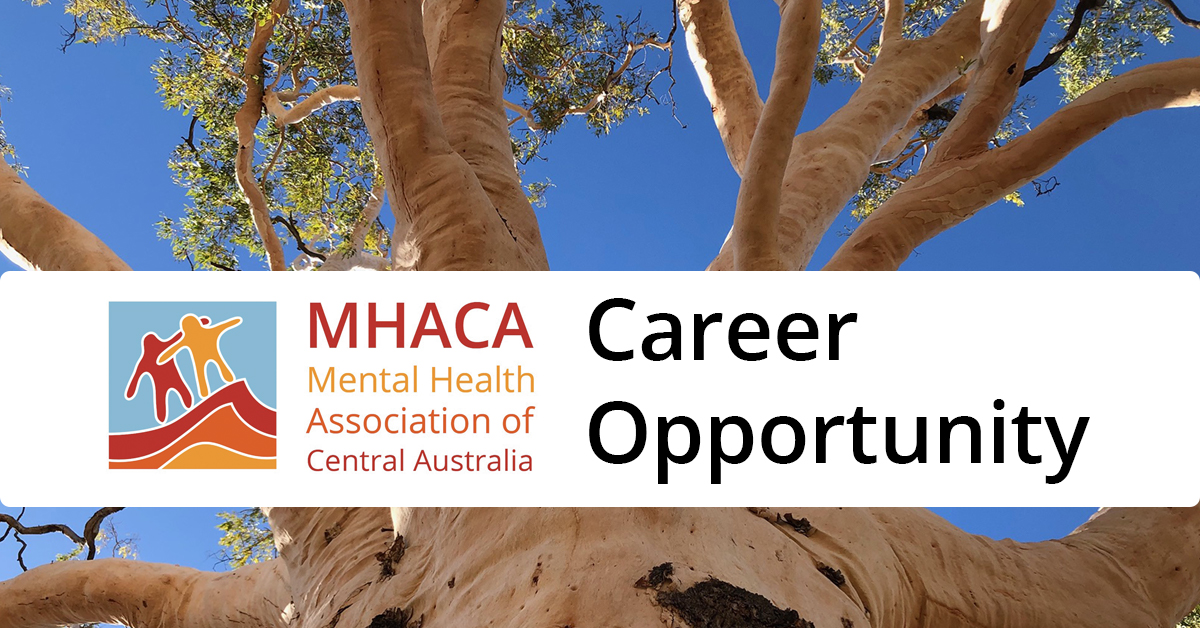Are you a proactive Project Manager with a passion for developing programs that support community members?
Join our leading Northern Territory community-managed organisation offering psychosocial support services, NDIS services, suicide prevention programs and health promotion initiatives aimed at enhancing the mental health and wellbeing of people living in Central Australia.
- POSITION: Living Skills Program Project Lead
- SALARY LEVEL: $116,213.10 (SCHADS/MHACA EBA: Level 7) + 11.5% super
- POSITION HOURS: Full time ongoing, 38 hours a week
- TEAM: Health Promotion
ABOUT THE ROLE
The Living Skills Program Project Lead will establish and manage the Living Skills Pilot Program, including management of a small team. The goals of this program are to understand the real support needs of participants with lived experience of homelessness and unstable tenancies, and to develop a culturally appropriate strengths-based tenancy and living skills program.
WHAT WE ARE LOOKING FOR
We are looking for an experienced, proactive project manager who will be confident in overseeing the research, program development, budget, resource development, data collection, program delivery and the evaluation process. The role will require strong stakeholder engagement, the ability to work collaboratively and an empathetic and trauma informed approach.
WHAT WE OFFER
MHACA offers a rewarding career with a range of employee benefits including:
- Purpose driven, impact focused work within the mental health services sector.
- Six weeks annual leave, and 11 days personal leave per year.
- Generous salary sacrifice for full-time, part-time and casual employees.
- A Wellbeing Allowance of $400 per financial year, reimbursed at $100 per quarter to support physical and/or emotional health.
- Opportunities to grow, including professional development through our Learning and Development Framework, as well as individual training opportunities.
- Flexible and family friendly workplace policies.
If this sounds interesting and you think you’d be an asset to our team, we encourage you to APPLY NOW. We encourage people to apply, even if they don’t meet all role requirements as we value transferable skills, diverse perspectives, experiences and contributions.
Download the Position Description
For further information on the position please contact CEO Nicole Pietsch on 08 89504600 or email hr@mhaca.org.au
HOW TO APPLY:
Applications need to contain a cover letter that demonstrates your experience in line with the essential role criteria, along with a resume and contact details of two current referees.
Please email your application to hr@mhaca.org.au
Applications will close 4pm Friday 18 April.


